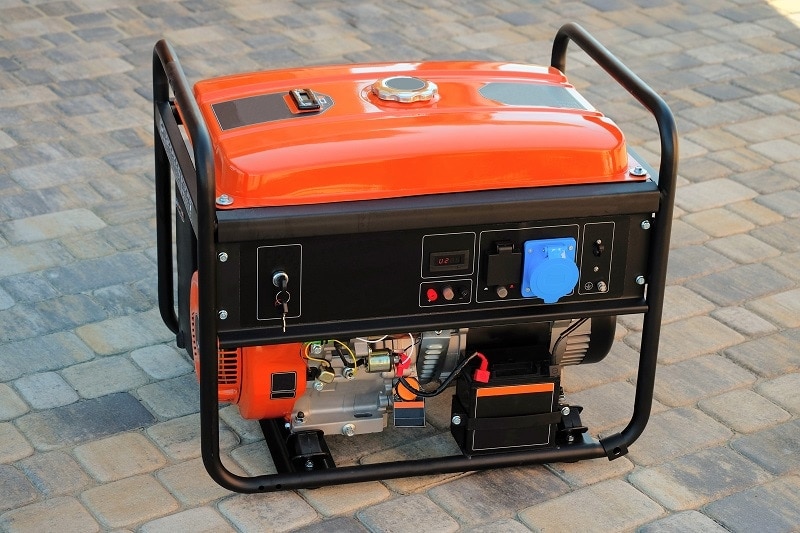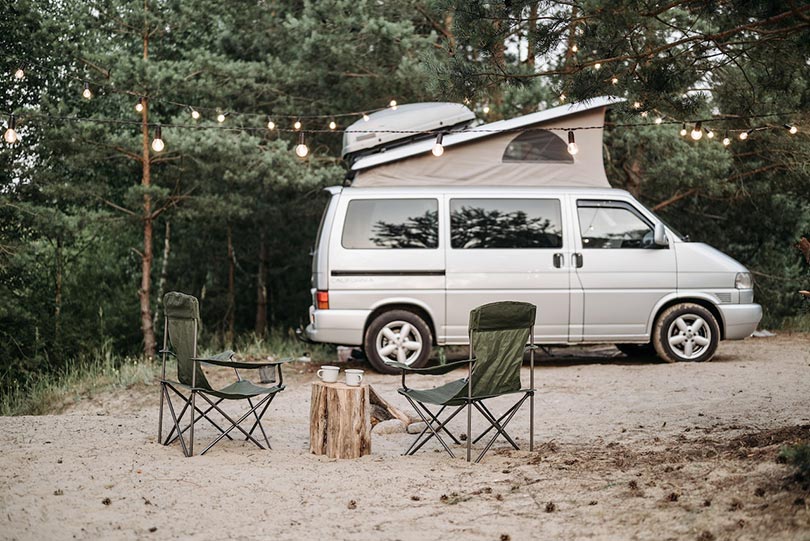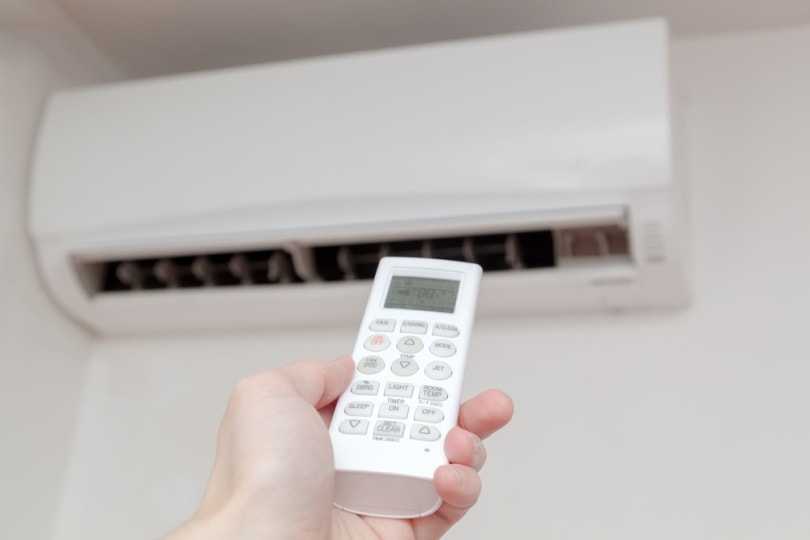What Can a 10,000-Watt Generator Run? Facts & FAQ
-
Pete Ortiz
- Last updated:

A prolonged power outage can be a real headache. Some people live in areas where frequent or prolonged power outages are a common occurrence. Northern areas are at risk of heavy snow or ice bringing down power lines, while southern areas are prone to severe thunderstorms and hurricanes. Anyone who has suffered through a long outage will start to wonder whether a generator is a good idea. Many people suggest investing in a large 10,000 W generator. But how much can a 10,000-watt generator run?
A 10,000-watt generator is large enough to comfortably run the refrigerator, lights, television, and microwave, plus a handful of small countertop appliances. This breakdown will cover what you can expect to get out of your 10,000-watt generator in residential, commercial, and recreational settings so you can plan for times when you don’t have access to the power grid.
Residential Home
Many people look to invest in a generator to keep the lights on at home when the power is out. What can a 10,000-watt generator run at your home? It turns out that a 10,000-watt generator is plenty large for most residential homes. A single 10,000-watt generator can power most things inside a typical home as long as the fuel levels are maintained.
A 10,000-watt generator is large enough to comfortably run the refrigerator, lights, television, and microwave, plus a handful of small countertop appliances. A generator of this size is enough to keep most of the most desirable appliances running when the power is out. Many people worry mostly about their refrigerators because they don’t want their food to spoil when the power is out. A 10,000-watt generator is large enough to keep the refrigerator cold along with many other quality-of-life items inside the home.
- Coffee maker
- Television
- Computer
- Toaster
- Microwave
- Dishwasher
- Well pump
- Sump pump
- Small freezer
Another factor to consider is how to run these things together. A generator will struggle to power all of these things at once, but as long as you are only using one or two things at a time, you will have no problems. For example, if you are going to run the dishwasher along with your refrigerator and freezer, you might want to turn the TV off to conserve fuel.
A 10,000-watt generator should be more than enough to keep your food cold, your lights on, and your regular countertop appliances running when you need them.

Business
Like homes, businesses also have things that they want to keep running in the case of a power outage. Some businesses have large freezers with inventory inside. Other businesses worry about having to close for an extended period of time if the power goes out. The good news is that, like a home, a 10,000-watt generator should be large enough to keep the doors open.
Businesses with a large number of commercial refrigerators might not be able to run them all at the same time, but you could rotate through them to keep them cold enough to save your inventory. If the business does not have commercial appliances, it becomes easier to keep the doors open with a 10,000-watt generator.
A 10,000-watt generator is large enough to power the lights in a business, multiple computers, the POS system, and a handful of other small objects like sliding doors. For businesses that do not need to run large commercial appliances to stay open, a generator of this size should be more than big enough to remain open.
Recreational Activities
Another common use for generators is recreational activities such as camping, tailgating, or running an outdoor stand or booth. A 10,000-watt generator is more than big enough to power most recreational activities. Ten thousand watts is plenty of power to run an RV, camper, or campsite without any problems. These generators are also large enough to run power to outdoor televisions, grills, fryers, coolers, and misters for tailgating events. If you are looking at a 10000-watt generator for recreational activities, you do not have to worry about running out of power in a vast majority of cases.

Can A 10,000-watt Generator Run An Air Conditioner?
A 10,000-watt generator can run small window air conditioning units without too much trouble. However, a 10,000-watt generator will likely not be able to power a central AC system as well as other objects in your home. Central air conditioners are the largest power consumers in the majority of homes. Not only do large air conditioners use a lot of wattage per hour they also have large energy start-up costs that could strain the generator.
Small air conditioners and window units should be able to run just fine, but it will depend on what other things you are powering at the same time. The generator might struggle to run the AC, refrigerator, lights, and TV at the same time.
When in doubt, you can always try to turn the AC on with the generator. You might just end up tripping the system and powering it down. Then you will know if your AC is drawing too much power to run consistently.
Consider Start-Up Power Requirements
One thing that many people don’t realize is that some of the highest energy usage comes from when appliances start up. Air conditioners, dishwashers, washing machines, and dryers all have a large start-up cost to get running. Once the appliances are up and running, they use less power, but getting them turned on can draw enough energy to strain the generator.
For example, a refrigerator usually only takes 200W to run per hour, but it can consume 1,200W to get started after shutting off. Air conditioners are notorious for power sucks when they start up. Some AC units can draw anywhere from 4,000 to 7,500 watts to get going, which can easily put you over the limit for your generator.
Keep in mind your 10,000-watt generator might have plenty of juice to run everything once it is on, but it might not have enough power to start everything up at the same time.

Consider Fuel Usage
The last thing to consider is fuel usage. A 10,000-watt generator typically uses between five and ten gallons of gas per day to run. The more power you use, the more fuel you will burn. If you run the generator near capacity for hours on end, you will end up burning through more fuel than if you use it at half capacity. Keeping enough fuel on hand to run your generator is just as important as the generator output itself. If you only have fuel to run the generator for twelve hours at full blast, it doesn’t matter if the generator can power your house because it is going to run out of fuel. More power usage means more fuel burned.
Make sure to keep enough fuel on hand to keep your generator running for multiple days to ensure the most effective usage for your generator. Whether you have a gasoline, propane, or natural gas generator, the fuel supply is just as important as the power output.
Conclusion
A 10,000-watt generator can run quite a few things. They are large enough to power most things in a home when the power is out. They are strong enough to keep small businesses open in times of trouble. Ten thousand watts is more than enough for nearly all recreational activities. When considering a 10,000-watt generator, make sure to factor in fuel costs, fuel supply, start-up costs for large appliances, and the size of your air conditioner. A 10,000-watt generator can be a lifesaver when the lights go out.
Featured Image Credit: Virrage Images, Shutterstock
Contents



